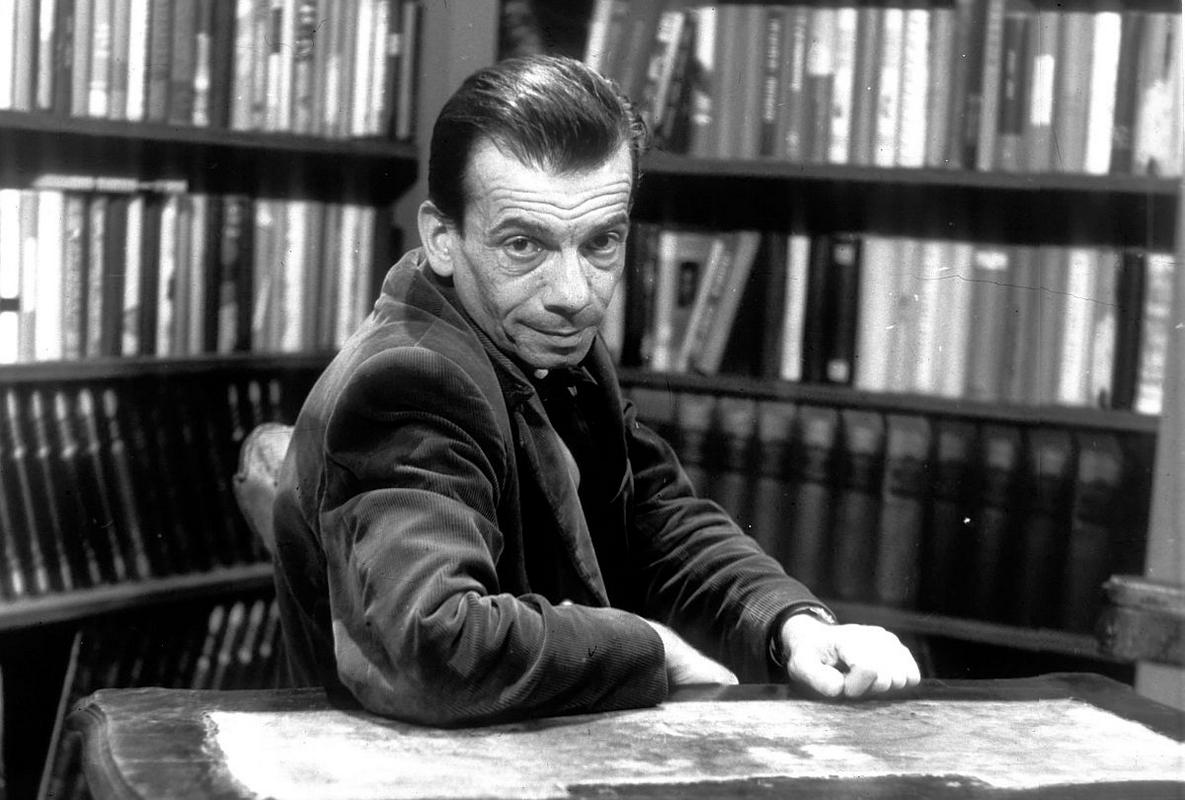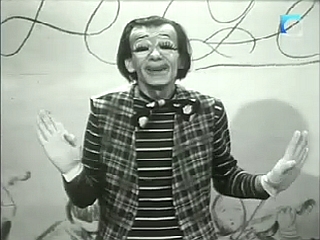

RTV Slovenija awards the Ježek Prize to Slovenia’s most talented entertainment - young men and women who have decided to walk in the master’s footsteps.
Milčinski was born in 1914; his father was the well-known writer and Fran Milčinski. Even as a child, little Frane appeared alongside his father in radio plays. He then joined a double act known as "Ježek and Joužek": The name of his character stuck, and he became known as "Ježek" - meaning "Little Hedgehog" - to countless generations.
In the interwar era, Milčinski was a highly sought-after performer on the stage; his appearance was guaranteed to draw appreciate crowds. He was also becoming a recognizable voice on radio. The still-new medium connected Slovenians from across the land for the time. In the space of a few years, it led to the emergence of a truly countrywide audience, and Milčinski became one of Slovenia’s first national entertainers.
Even though one of his brothers became a psychiatrist, and the other a respected jurist and medical examiner, Frane Milčinski quit college, and decided to devote his life entirely to comedy.
In 1941, however, his career came to an unexpected standstill. That year, the Axis powers invaded Yugoslavia, and Ljubljana was annexed by Italy. Not long afterwards, Milčinski was arrested by the Italians for publicly predicting that the Axis powers won’t win the war. He was convicted and spent a full year in prison.
After the war, Milčinski returned to the public stage and entered the most creative periods of his life. He returned to radio, but he also became the editor of a satirical weekly, wrote books for children, and even wrote screenplays for several films. He also wrote songs and made several cameos on the big screen.
Much of Miličinski’s work was vaguely critical of the Communist authorities. He frequently directed barbs at the new regime’s Marxist phraseology, mocked the emerging Communist bureaucracy, and satirized the absurdities of life in postwar Yugoslavia. Surprisingly, he never got in trouble for his outspokenness – either because of his popularity or because of his family connections.
Through it all, Milčinski provided a different way of looking at the world. He used his often ill-adjusted characters to point out everything that was ridiculous in daily life. In one film, the classic Vesna, he played an artist who painted winter landscapes in the summer, and summer landscapes in the winter. For the movie’s sequel, he wrote an imaginative song that sounded as if it were in Spanish even though it consisted of Slovenian words and phrases.
Milčinski was a perennial outsider. When he was named the head of Slovenian radio, he resigned only a few months later. With the arrival of television, however, his facial expressions became a major part of his identity, and he captured the public’s imagination like never before. His creations were well-observed, genuinely funny - and always with plenty of heart and a touch of pathos.
In 1975, Milčinski won the prestigious Prešeren Prize, but spent many years struggling with alcohol and depression. He died in 1989, but remains a cultural icon. His books and recordings still sell well, and each year, RTV Slovenija awards the Ježek Prize to Slovenia’s most talented entertainment - young men and women who have decided to walk in the master’s footsteps.
Jaka Bartolj
RTV Slovenija awards the Ježek Prize to Slovenia’s most talented entertainment - young men and women who have decided to walk in the master’s footsteps.

































































